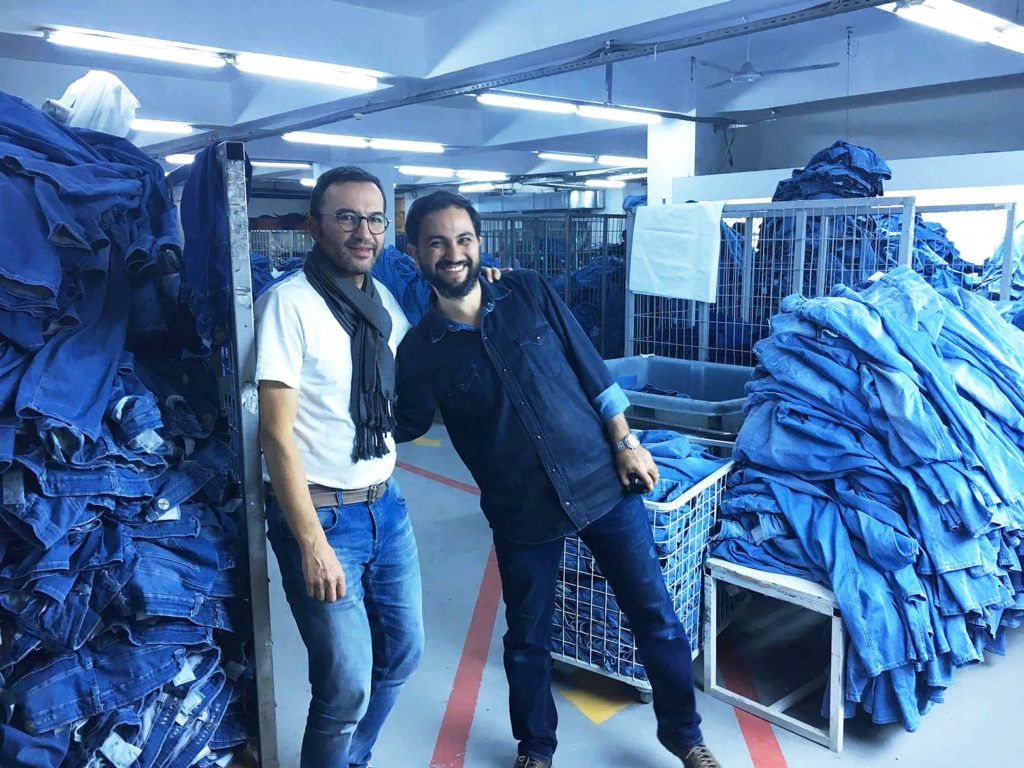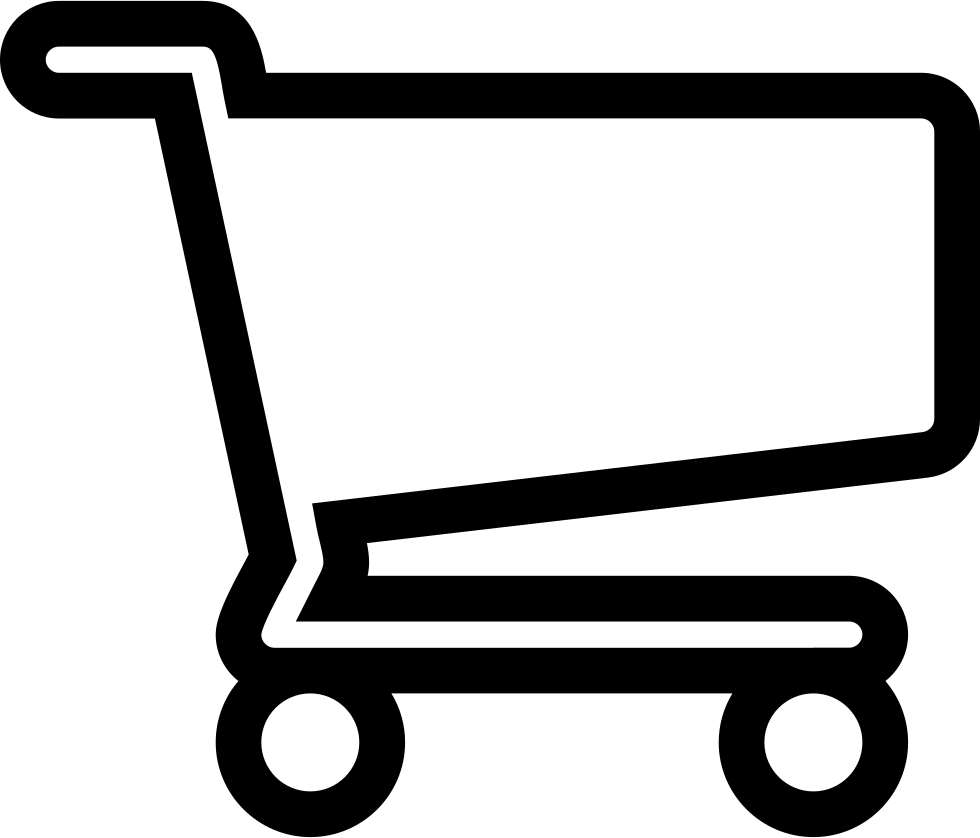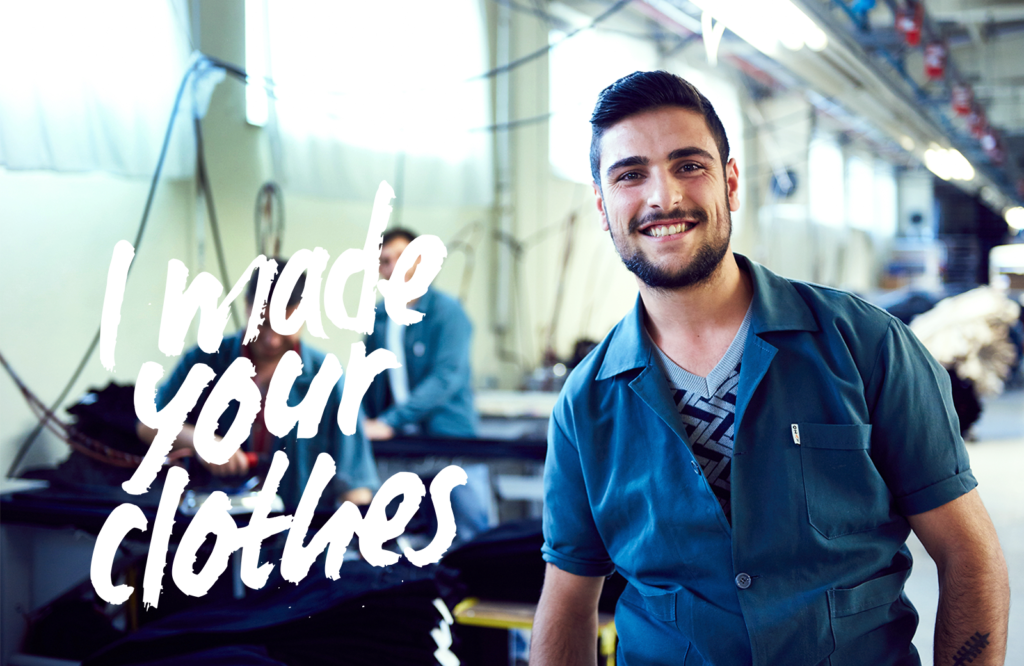It’s Fashion Revolution Week. An important week, in which the entire sustainable fashion industry focuses on brands to become more transparent about their supply chain. Who make our clothes? Where are they sourced and produced? And, most importantly, under which circumstances? To us, ethical production and transparency aren’t things that we’ve started doing recently, because the consumer demands us to. They are – and always have been in the 19 years that we’re there – in our DNA. Why? Simple. Everyone deserves to know where their clothes come from. Today, we go into more detail about working conditions and how we work on this as a brand.
We always give our suppliers full credits
You can find a full list of all of our suppliers here. It’s important for us to fully name them; we are proud to work with them and we have nothing to hide. We name our exact factories where we can (by example, on every product page of our webshop, the exact factories of each product are named) and we give them the credits that they deserve. Not a lot of people know that it’s mostly the factories who did the actual innovations when a new material or concept enters the market. They are the ones with the biggest amount of knowledge, craftsmanship and innovation. Kuyichi values them a lot and we would never take the credit for the awesome work that they’re doing.

We have our own Code of Conduct
With all our suppliers we work under a Code of Conduct, in which we describe everything we require from factories – from fair labour to safe chemical usage and from responsibilities to communication. This document is based on international regulations set by the International Labour Organization (ILO) and the United Nations Universal Declaration of Human Rights and includes the Code of Labour Practice used by Fair Wear Foundation. It has been signed by every single supplier that we’re working with. This year, we will be doing a big update on our Code of Conduct. In the revised version, we will even better explain what we expect from our suppliers and where our responsibility lies in the process. We’ll share it as soon as it’s finished.
We only work on long term relationships
It’s always our absolute intention to create long term relationships with our suppliers. Only, of course, if they meet our strict quality, sustainability and ethical labour standards. We see our suppliers as partners and we are in contact on a daily basis. Also, we really want to strengthen each other and we focus on this in all of our collaborations.
We work with (GOTS) certified factories
Kuyichi only works with factories that have multiple certificates on sustainability and fair labour practices. For instance, we mainly work with GOTS certified factories (to find out what GOTS is and why we choose to work with this certificate, check out this blog). The good thing with GOTS is that it doesn’t only say something about the (GOTS certified) materials that we’re using. It also sets requirements for safe working conditions, how they store their chemicals, which chemicals are safe to be used and how they filter their water before it flows back into the environment. But of course, we do not only rely on this sole certification. There are different certifications that help us guarantee better labour and environmental practices.

We visit suppliers on a regular basis
As told, certifications are important to us. But we do more. We visit our factories on a regular basis – the pictures in this article were taken during the factory visits that our production manager Laurent & product developer Bjorn did in Turkey. We also rely on audits of our supplier. In these audits, the supplier is checked by an independent third party on different aspects from wages and working hours till freedom of association. For instance audits from Fair Wear Foundation and BSCI, two organisations who also pay visits to factories where we produce. However, we also acknowledge that audits are super time consuming for the supplier. That’s why we also ask our suppliers to share audit reports that are already done at the facility. With the outcome of the reports, we start conversations with our suppliers to see how we can jointly improve conditions. There’s always something to improve, after all.
Gender equality is important to us
Gender is a very important topic for us. We’re proud to be working with a lot of factories that have women in higher positions. For example, a lot of our direct contacts in factories are women, which means they have higher responsibilities. Our factory numbers tell that in most of our factories, the division between men and women is quite equal. Also, women hold all sorts of functions – not just in the production line, which is mostly the case. They’re able to climb up to higher positions in the factory as well.
It’s important for us to be open about how and with who we work. Every consumer deserves to be able to make conscious choices, and therefore brands need to be transparent. We really work hard on this and we’re planning on opening up and sharing about our production processes even more. Stay tuned!




